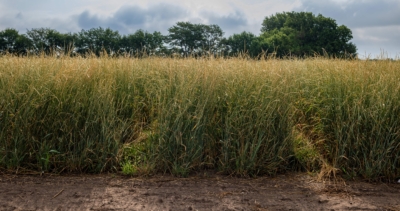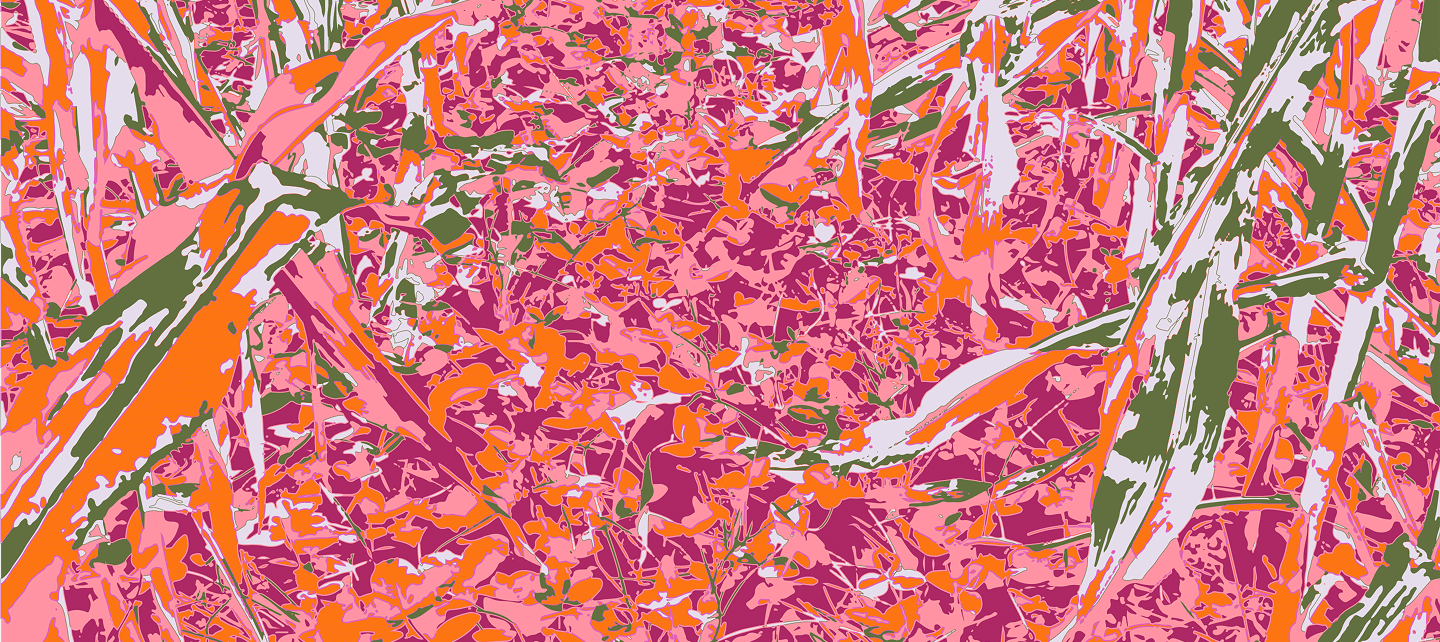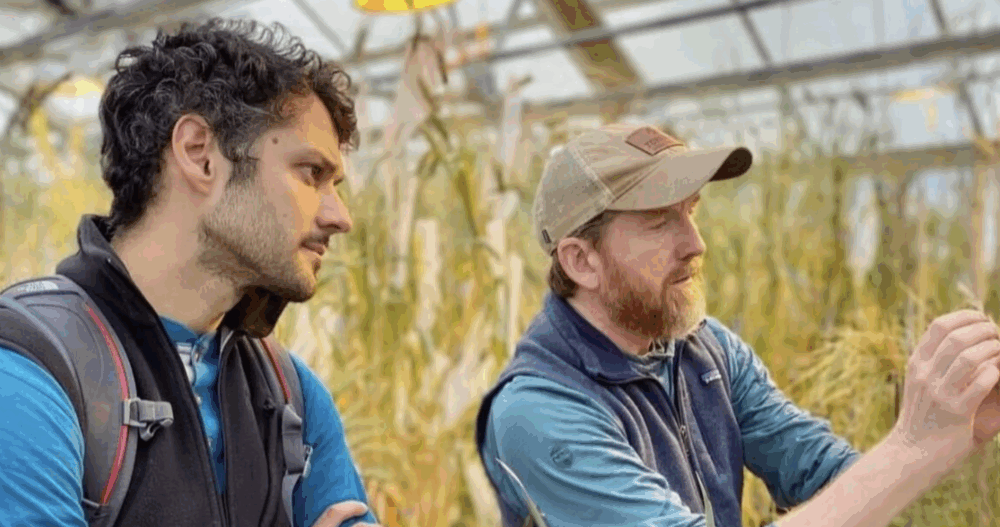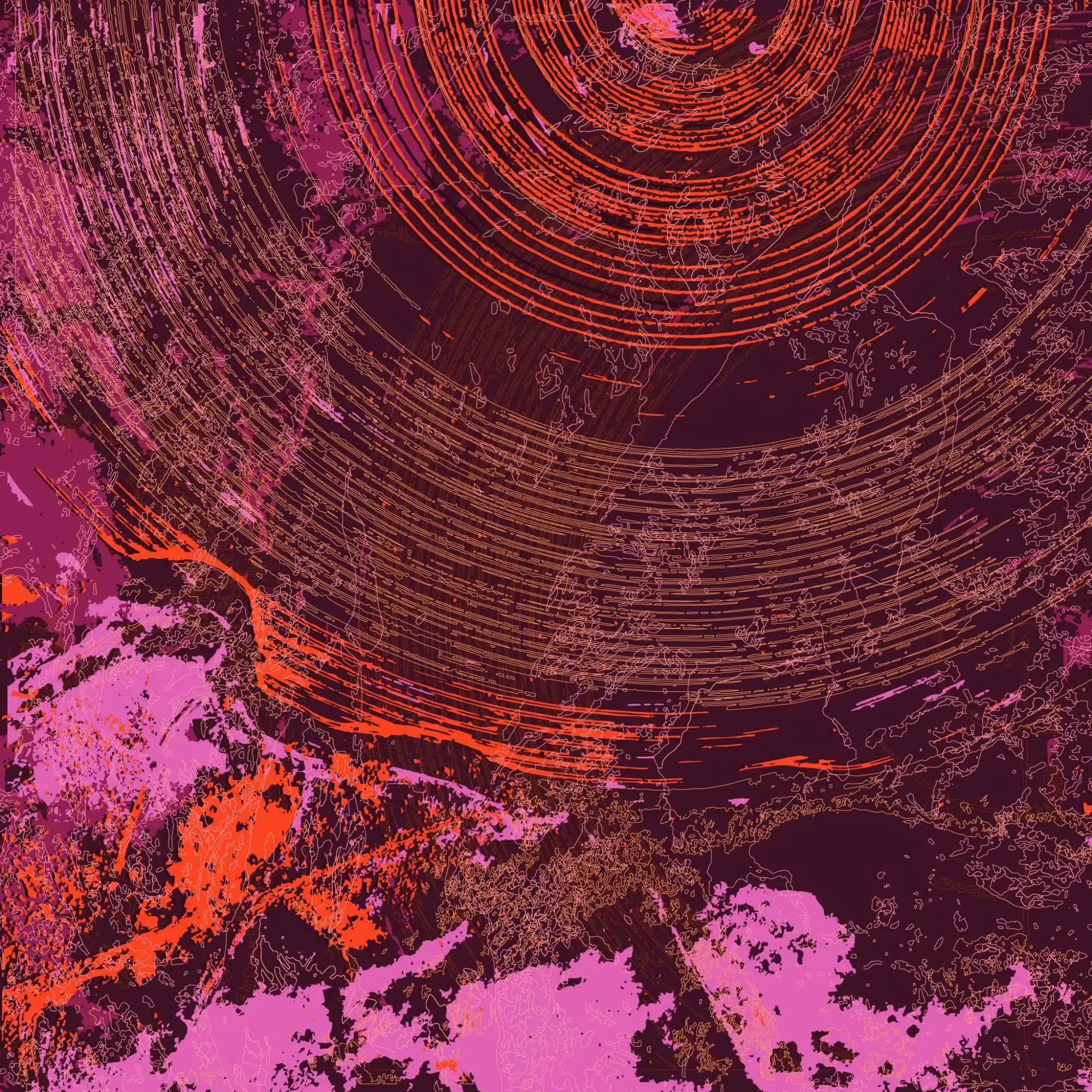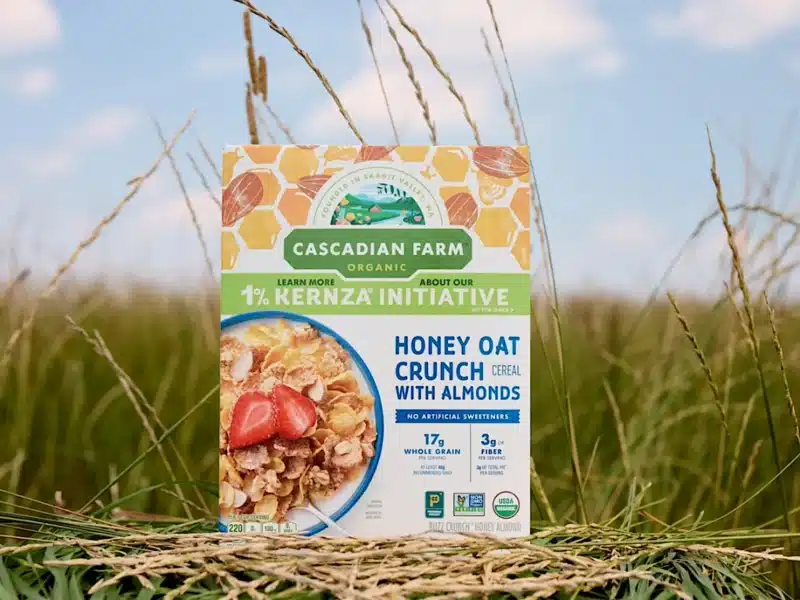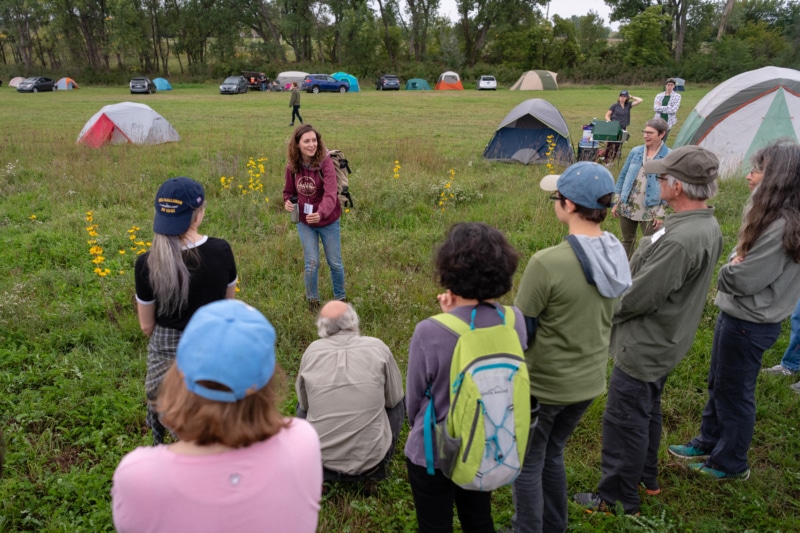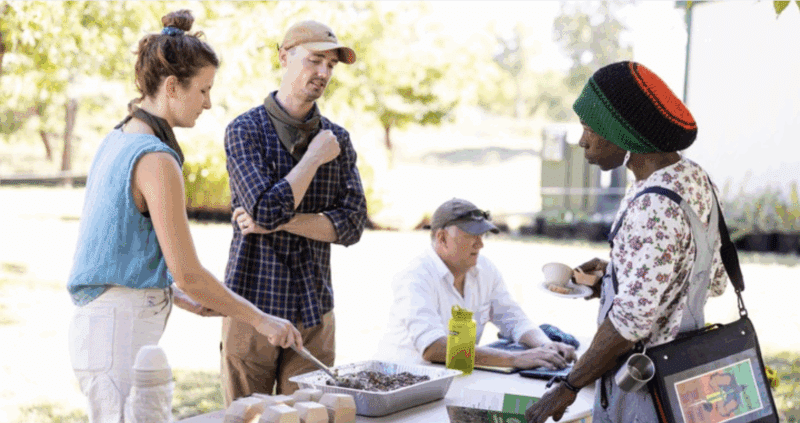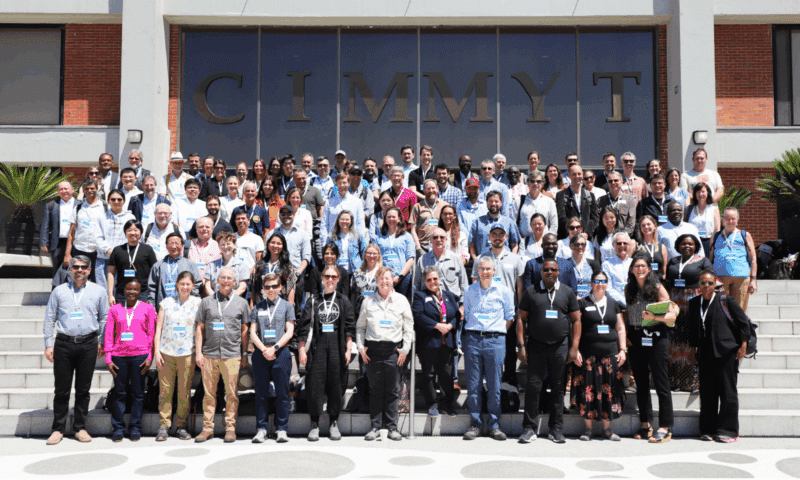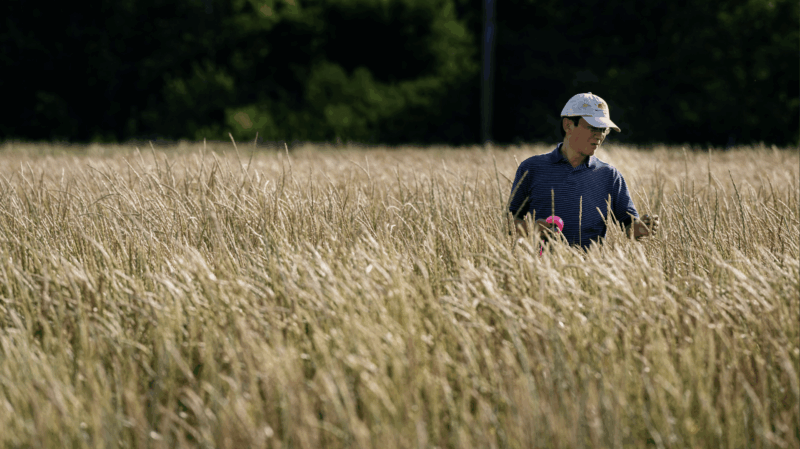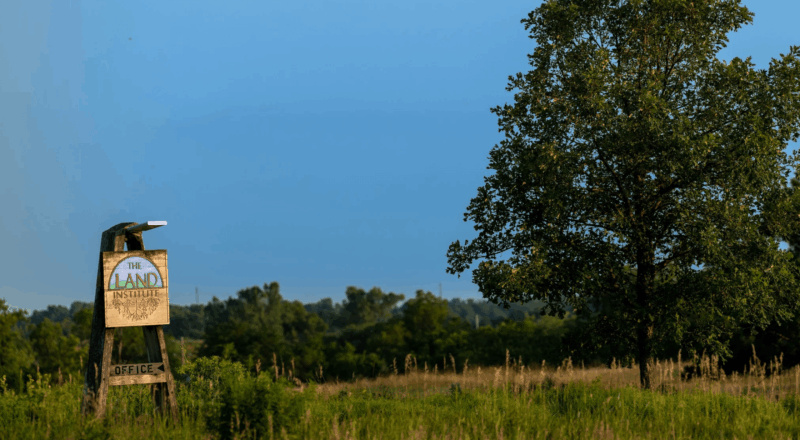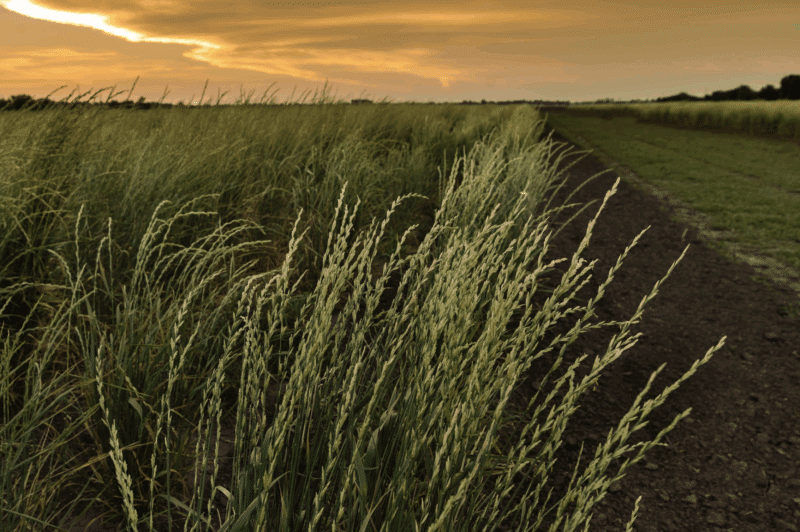A new Washington State University (WSU) initiative has recently received a $19 million funding boost to bring nutritious, climate-friendly grains to more fields, products, and plates, including perennial grains like wheat and quinoa. The multi-institution support came from a $10 million BioInnovation Grant from the Washington Research Foundation, with matched funds contributed by many partners, including the Washington Grain Commission and The Land Institute’s Perennial Agriculture Project, a joint initiative of The Land Institute and the Malone Family Land Preservation Foundation that funds research on perennial crop system development.
As part of the project, Washington State University’s Breadlab will build capacity to advance the holistic development of perennial grains, like perennial wheat and perennial quinoa, in collaboration with The Land Institute and global partners. This effort will encompass breeding and food science research, as well as market development efforts, that will benefit both farmers and consumers.
Grant lead Kevin Murphy, professor of international seed and cropping systems and director of the WSU Breadlab, notes that:
The Perennial Agriculture Project funds will support work on perennial quinoa and perennial wheat breeding, agronomy, nutrition, and commercialization at WSU. It’s a win-win!
Shuwen Wang, Lead Scientist of the perennial wheat breeding program at The Land Institute, also spoke on the importance of this funding, stating that:
The Land Institute is thrilled that Kevin Murphy and the WSU Breadlab have received this support, which has the potential to boost perennial grain crops significantly. We recently sent 20 perennial wheat lines with positive traits to WSU and are hopeful that they can contribute to the success of this collaborative research.
The perennial quinoa and perennial wheat research with WSU, supported by expertise and coordination from The Land Institute, is funded by the Perennial Agriculture Project—a collaboration between the Malone Family Land Preservation Foundation, which funds research on perennial grain cropping systems, and The Land Institute.
